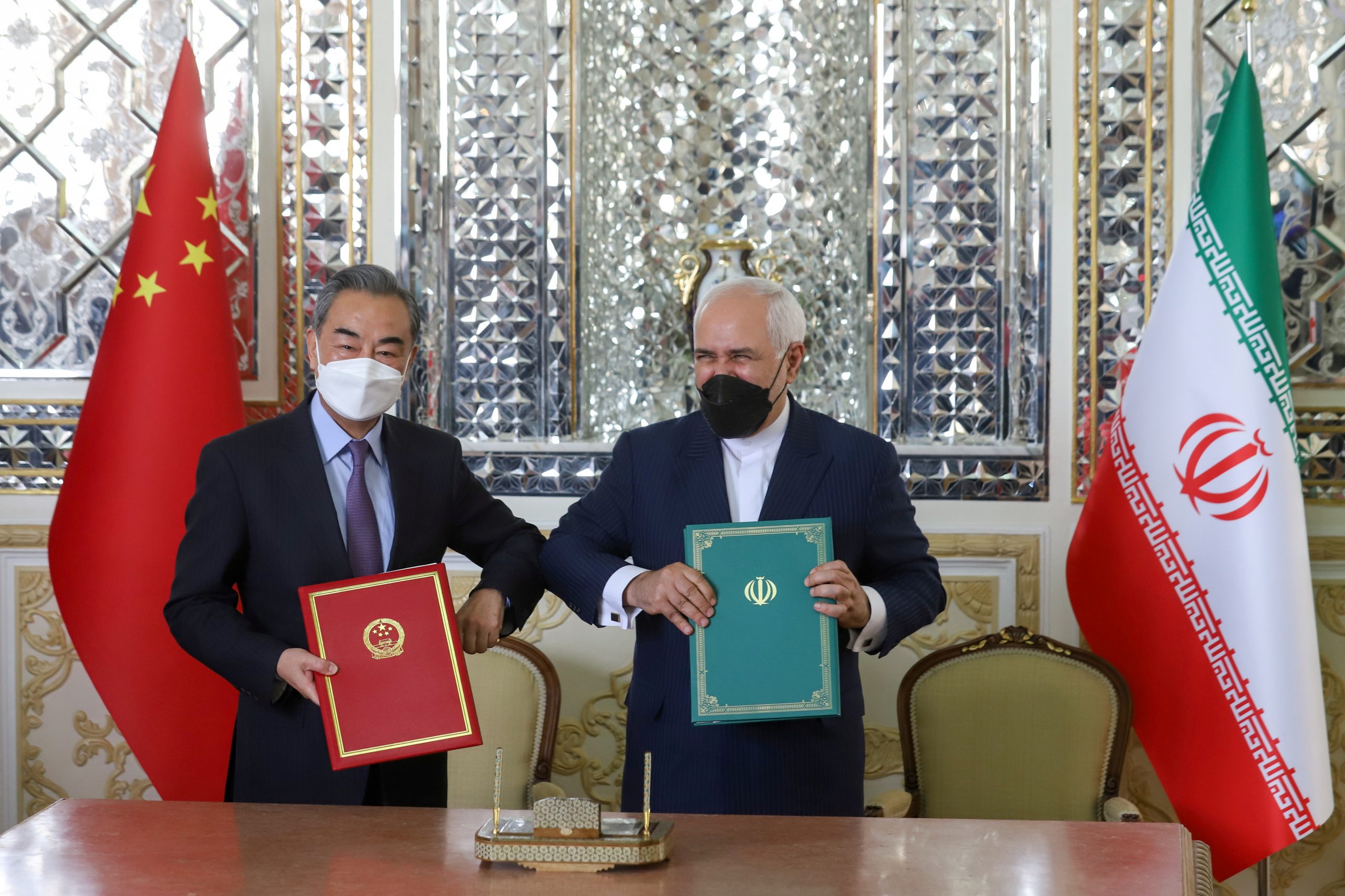Publications
Memorandum No. 213, June 7, 2021

The Islamic Republic of Iran and the People’s Republic of China embody the main strategic threats facing, respectively, Israel and its major power ally, the US. The relationship between both governments and their converging interests, especially in the contexts of energy and security cooperation, China’s Belt and Road Initiative, and a shared vision of an alternative international order in which America exerts considerably diminished influence, pose challenges to Israel in particular.
China is not only one of Israel’s top trade partners and investors, but is also an actual source of support and potential force multiplier for the Islamic Republic, Israel’s archenemy. Yet divergences also abound between China and Iran, including in both countries’ tolerance thresholds for instability in the Middle East, the desirability of the US’ military presence in that region, and their views of what ought to constitute bilateral comprehensive strategic relations. Moreover, a survey of China’s relations with Iran’s regional neighbors shows a far more nuanced, and hence murkier picture – one in which constraints not only weigh heavily on Beijing’s interactions with Tehran, but also one where strategic opportunities for Israel emerge, especially in the context of the Abraham Accords.
This web of strategic, economic, and diplomatic entanglements across the wider Middle East and its principal great power stakeholders ensures fertile ground for competition, and, no less so, for cooperation.



